Kia Pushes Porsche Out to Claim Top Spot on Quality Survey

The 2016 installment of J.D. Power’s annual Initial Quality Study (IQS) was just released and it’s full of unexpected news.
Presented at an Automotive Press Association event in Detroit, the biggest revelation in this closely watched survey is that Kia is now the highest-rated brand, with a score of just 83 problems per 100 vehicles (PP100). This Korean company’s impressive performance marks the first time in 27 years that a non-premium automaker topped the list.
“The Korean brands have really been outpacing other brands,” explained Renee Stephens, vice-president of U.S. automotive quality at J.D. Power. This is true for sister-company Hyundai as well, which came in third place with a still-impressive PP100 of just 92, which put it right behind Porsche, a perennial IQS leader.
Part of the reason for the strong showings posted by Kia and Hyundai is that they were the best in the ACEN category, that is, audio/communication/entertainment/navigation. Owners found their respective infotainment systems to be speedy and simple to decipher. This is the most troublesome category for all automakers, though across-the-board improvements are being made every year.
Overall, IQS measures problems reported by new-vehicle buyers during the first 90 days of ownership. For 2016, more than 80,000 consumers responded, providing data on 245 different models from 33 separate brands.
ALSO SEE: The Best Automaker in Initial Quality is a Big Surprise
IQS tracks 233 issues that are grouped into eight different categories. It monitors outright malfunctions, such as a sunroof that stops working but it also keeps track of so-called design defects. This includes things like an infotainment system that’s difficult use or poorly designed cup holders, items that cause owners trouble but can’t really be fixed since they operate as engineered.
Aside from Korean dominance, another unexpected finding in this year’s study is that the Detroit Three automakers have lower reported issues than their imported rivals. This is only the second time this has ever happened in the 30 years J.D. Power has published its Initial Quality Study.
On average, General Motors, Ford and Chrysler have just 103 PP100, a score that represents a whopping 10 percent improvement compared to last year. Underscoring this performance, the speed at which domestic automakers are moving forward is twice that of their imported rivals, which averaged 106 PP100.
Curiously, Chrysler and Jeep are the two most improved brands. Both of them reduced the number of problems per 100 vehicles by 28. Consequently, both of them jumped 11 spots compared to 2015, with Chrysler coming in 20th place and Jeep 18th.
On the flip-side, Jaguar had a terrible showing in the latest IQS, falling from third in 2015 to 27th this year thanks to a PP100 rating of 127. But for a little perspective, that wasn’t too bad; smart was the worst of all 33 automakers ranked, with a devastating score of 216.
“The domestic level of improvement has really come around,” said Stephens. Like Korean companies, the Detroit Three have improved significantly in the ACEN category. So far, Ford’s Sync 3 and FCA’s Uconnect infotainment systems have proven to be responsive and easy to use.
But this is not to discount the advancements made by all carmakers. Stephens said, “We saw a great level of improvement in the industry this year,” the rate of which hit 6 percent, double what it was back in 2015. The average for the entire car business in America is 105 PP100.
Quality has increased dramatically to the point that outright failures have taken a backseat. “When we look at it today,” said Stephens, “The majority [of issues] are design-related.” In fact, they represent 64 percent of all reported issues; defects only account for 33.
Improved initial quality is good news for consumers, who demand it. According to J.D. Power data, expected reliability was cited by nearly half of all vehicle owners as their No. 1 purchase consideration. This topped other aspects like styling, price and even fuel efficiency.
But strong initial quality isn’t just good for motorists, it’s a boon for manufacturers because it drives brand loyalty. Nearly 54 percent of new-vehicle buyers that have zero issues during the first 90 days of ownership are likely to buy another car or truck from the brand. However, if they endure three or more problems that figure drops to less than 45 percent.
Fortunately, you don’t need a suitcase full of money to own a trouble-free vehicle. According to Stephens, “Non-premium brands have improved at a much higher rate.” Compared to their ritzy counterparts, mainstream models are appreciably less problem-prone, with a PP100 of just 104; luxury models average 108.
But don’t think this is just because affordable models have fewer features. Automakers are adding more and more amenities every year. “[It’s] not just a content story,” explained Stephens, quality really has improved.
Check out our News Blog for More Breaking Stories

Born and raised in metro Detroit, Craig was steeped in mechanics from childhood. He feels as much at home with a wrench or welding gun in his hand as he does behind the wheel or in front of a camera. Putting his Bachelor's Degree in Journalism to good use, he's always pumping out videos, reviews, and features for AutoGuide.com. When the workday is over, he can be found out driving his fully restored 1936 Ford V8 sedan. Craig has covered the automotive industry full time for more than 10 years and is a member of the Automotive Press Association (APA) and Midwest Automotive Media Association (MAMA).
More by Craig Cole



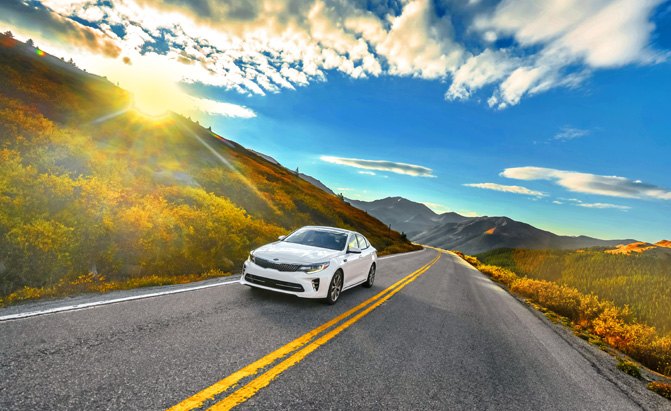


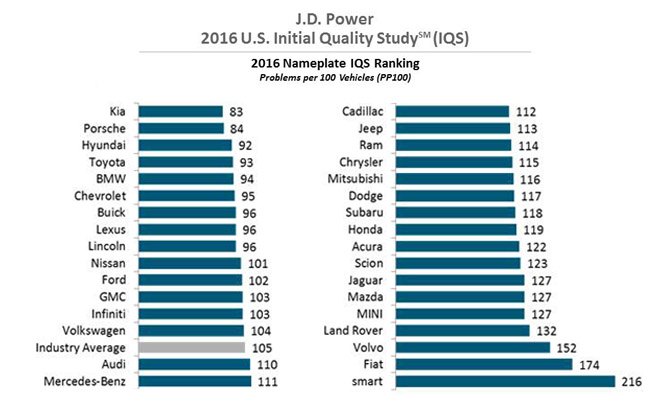











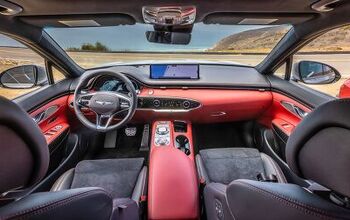
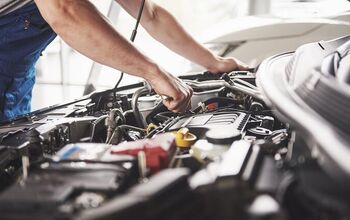
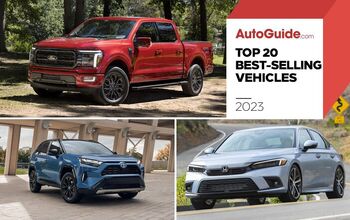
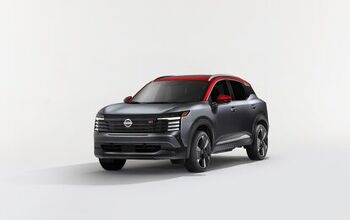
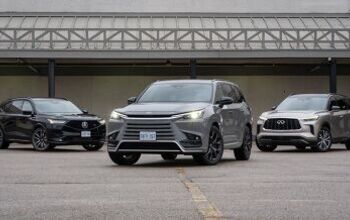




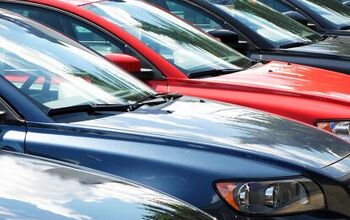
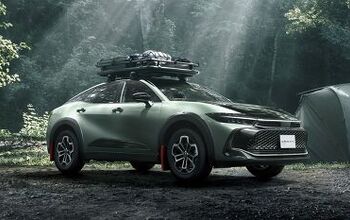

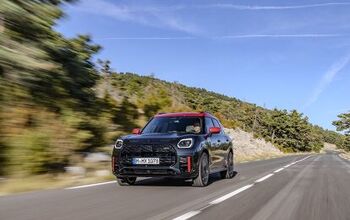
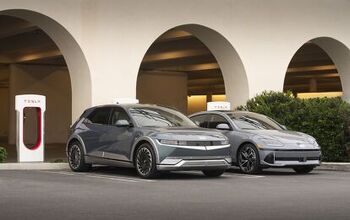



Comments
Join the conversation